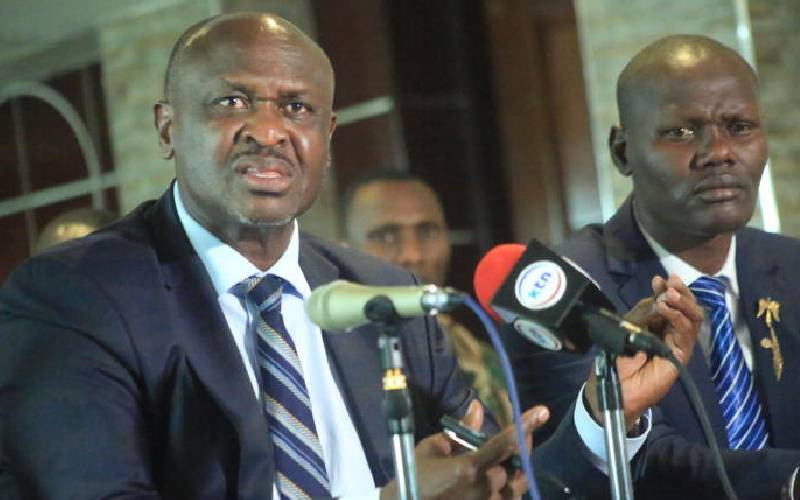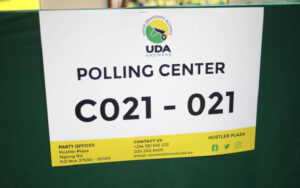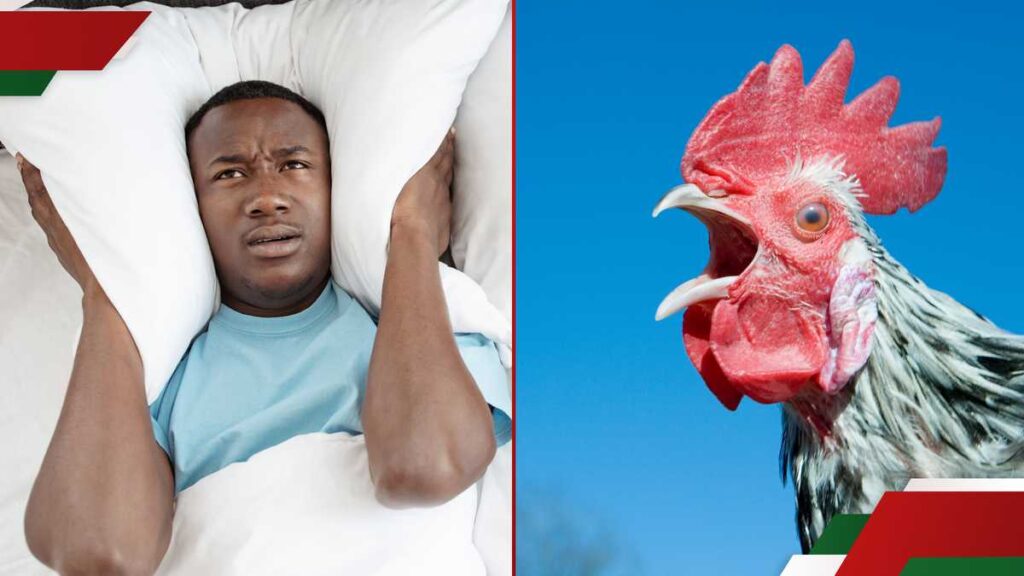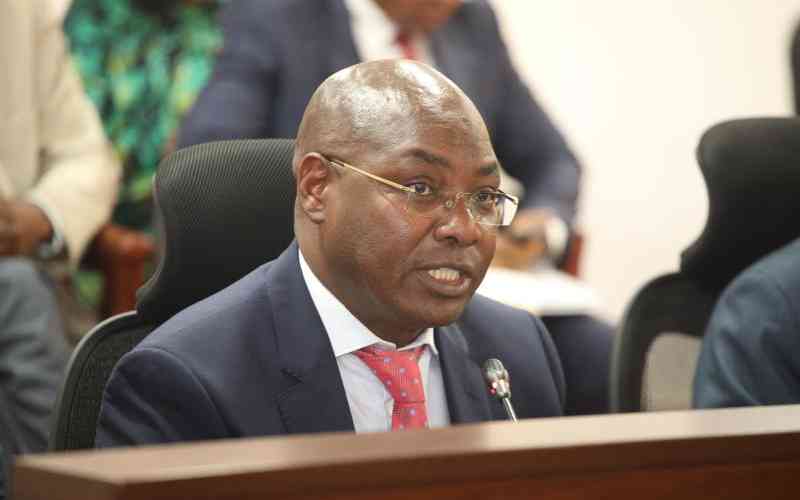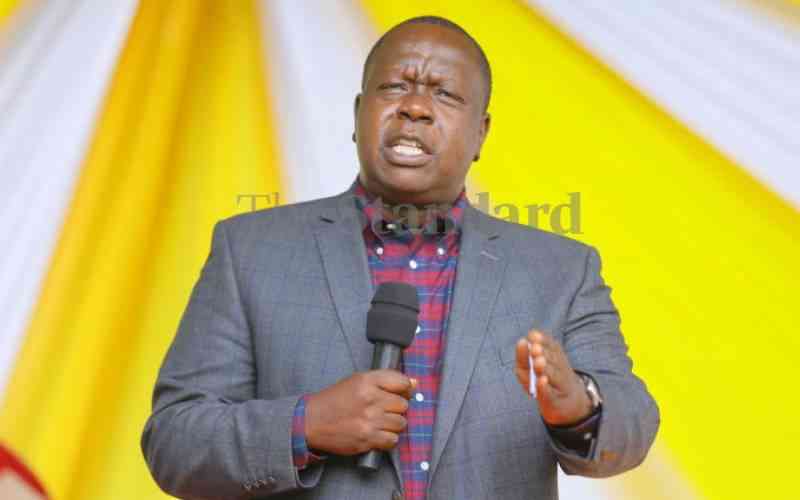The ruling Kenya Kwanza coalition is facing a mass exodus as political parties that formed it continue to issue exit notices.
The Devolution Empowerment Party (DEP), also known as the Mbus party, which is affiliated with former Meru Governor Kiraitu Murungi, is the latest party to exit the ruling coalition.
The Democratic Party, associated with former Public Service Cabinet Secretary Justin Muturi, and the Farmers Party, affiliated with former Principal Secretary Irungu Nyakera, have also formally declared their intentions to quit Kenya Kwanza.
Although DEP’s leadership stated that the party was not in any formal coalition with Kenya Kwanza, the party has been supporting President William Ruto’s administration. As such, the President appointed Kiraitu as a member of the Kenya Law Reform Commission (KLRC) before naming him chairperson of the board of the National Oil Corporation of Kenya in April 2023.
On Friday, Kiraitu, while announcing that the party would chart its own political path, said he had the right to engage in the country’s political affairs despite being the chairperson of a parastatal, maintaining that there was no law preventing him from expressing himself.
“I’m bound by the decision of my party, and these decisions have not been made by the chairperson alone, they have been made after consultations,” he said.
The party chairperson, Lenny Kivuti, who is also the former Embu Senator, lamented that the party had been systematically sidelined since the last General Election.
“There has never been any signed agreement between our party and any other party. We may appear to work together with some parties occasionally, but we have not signed any formal agreement,” he said.
Kivuti revealed that the party would field a parliamentary candidate in the Mbeere North by-election and indicated they would consider collaborating with like-minded parties that respect their values.
Kiraitu’s unexpected move comes three months after he held talks with President Ruto at State House, following months of complaints that Meru County had been excluded from State appointments.
His decision also comes at a time when former Agriculture Cabinet Secretary Mithika Linturi and former Governor Peter Munya reiterated their disinterest in working with Ruto, days after the President announced he would consider both for State appointments.
The announcement by the Mbus party comes just a month after the Farmers’ Party wrote to the Registrar of Political Parties to issue a 30-day notice of its intention to exit the Kenya Kwanza coalition.
The party’s decision followed Nyakera’s dismissal from the chairmanship of the Kenya International Convention Centre, just seven months after his appointment.
With this revocation, Nyakera becomes yet another Kenya Kwanza principal shown the door, following the dismissal of Muturi just a week earlier.
Stay informed. Subscribe to our newsletter
The Democratic Party also wrote to the Registrar, expressing its intention to leave the Kenya Kwanza coalition following Muturi’s dismissal from the Cabinet.
The departure of these parties, largely from the Mt Kenya region, has complicated President Ruto’s political game plan in his bid to regain popularity, which has been severely affected by former Deputy President Rigathi Gachagua’s impeachment in October last year.
The Kenya Kwanza coalition’s woes did not end there, following the decision by the Amani National Congress (ANC), a party affiliated with Prime Cabinet Secretary Musalia Mudavadi, to dissolve and join the United Democratic Alliance. Mudavadi’s allies rebranded the Umoja Summit Party to Democratic National Alliance .
Godfrey Kanoti, who previously served as head of the Directorate of Projects and Programmes under the Government Delivery Service in the Office of the Prime Cabinet Secretary, is the brain behind the new political outfit.
Political analysts said the exit of key political players who worked with Ruto in the 2022 General Election could harm Ruto’s 2027 re-election prospects.
Kamau Wairuri, a policy researcher, said Ruto’s former allies-turned-enemies could convince Kenyans not to trust him, having once worked with him.
“The rivals would mount a formidable force against him. They may even launch propaganda, which people would consume because they were once allies. This could foster the narrative that the President can’t keep friends and is unfit to be the symbol of national unity,” Dr Wairuri said.

















